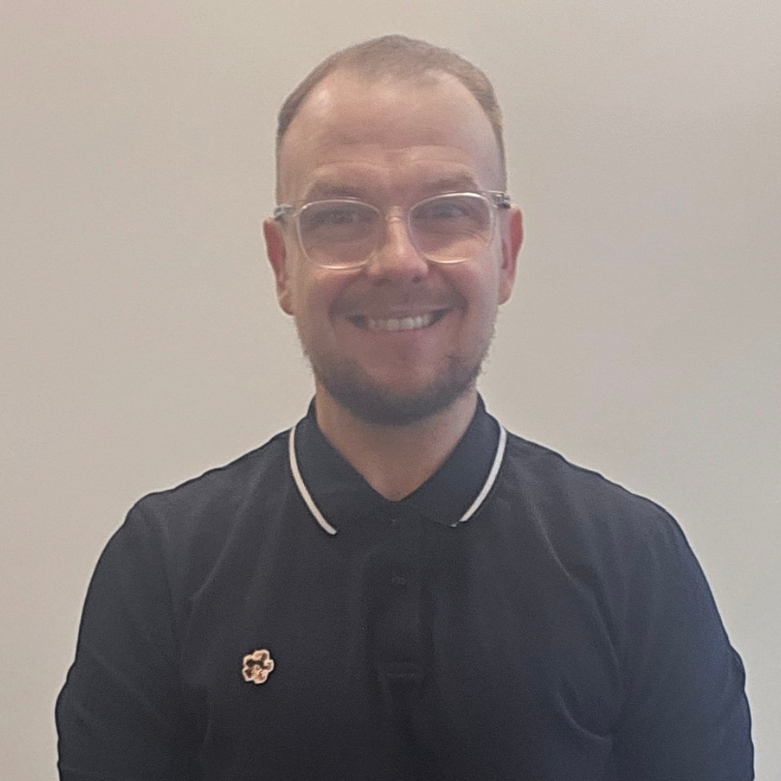INSIGHTS
The latest insights & news from Kinetica
The Importance of Hiring the Right Candidates in the Genomics Sector and How to Avoid Hiring the Wrong Candidates
14 Feb, 20245In the fast-paced world of genomics, assembling a robust team is crucial for driving innovat...

In the fast-paced world of genomics, assembling a robust team is crucial for driving innovation and progress. Yet, finding the right candidates can be like searching for a needle in a haystack. Let me tell you a story about a renowned genomics research institute that learned this lesson the hard way.
Why Hiring the Right Candidates Matters:
- Specialised Expertise: Genomics is a highly specialised field that demands specific technical skills and knowledge. Hiring the right candidates with expertise in genetics, molecular biology, bioinformatics, and related disciplines ensures that your team possesses the necessary capabilities to tackle complex research challenges and drive innovation.
- Innovation and Problem-Solving: The right candidates bring a fresh perspective and innovative thinking to the table. They are adept at problem-solving, critical thinking, and creative experimentation, which are essential qualities for advancing genomics research and overcoming scientific hurdles.
- Collaborative Dynamics: Effective collaboration is key to success in genomics research. The right candidates not only excel individually but also thrive in interdisciplinary team environments. They possess strong communication skills, teamwork abilities, and a willingness to share knowledge and resources, fostering a collaborative culture that accelerates scientific progress.
- Long-Term Impact: Hiring the right candidates is an investment in the long-term success and sustainability of your genomics initiatives. These individuals are more likely to stay committed, engaged, and motivated, contributing to a positive work environment and driving continuous improvement and growth within your organisation.
How to Avoid Hiring the Wrong Candidates:
- Define Clear Job Requirements: Start by clearly defining the job role, responsibilities, and required qualifications. Ensure that all stakeholders are aligned on the expectations for the position to avoid misunderstandings and mismatches during the hiring process.
- Thorough Screening and Assessment: Implement a rigorous screening and assessment process to evaluate candidates' skills, experience, and cultural fit. Utilise tools such as technical interviews, case studies, and behavioural assessments to gain insights into candidates' abilities and suitability for the role.
- Reference Checks and Background Verification: Conduct thorough reference checks and background verification to validate candidates' credentials, qualifications, and past performance. Contact previous employers, colleagues, or mentors to gather feedback and insights into candidates' work ethic, professionalism, and interpersonal skills.
- Cultural Fit and Values Alignment: Consider candidates' alignment with your organisation's culture, values, and mission. Assess their fit within your team dynamics, communication style, and work ethic to ensure a harmonious and productive working environment.
- Continuous Learning and Improvement: Learn from past hiring mistakes and continuously refine your hiring processes based on feedback, data, and industry best practices. Solicit input from hiring managers, team members, and HR professionals to identify areas for improvement and implement strategies to enhance the effectiveness of your hiring efforts.
I once worked with a genomics start-up that were eager to accelerate its research endeavours and make a mark in the industry. Before using a specialist recruiter they hastily hired employees without conducting thorough evaluations. Consequently, they found themselves with team members lacking the specialised expertise and collaborative spirit essential for success in genomics research. Projects stagnated, team morale dwindled, and the start-up's reputation suffered setbacks.
Recognising their misstep, the start-up overhauled its hiring practices. They meticulously outlined job requirements, instituted rigorous screening and assessment protocols, and emphasised the importance of cultural fit and shared values. The outcome? A team of exceptional researchers who not only possessed the requisite technical skills but also shared a collective vision and unwavering commitment to excellence.
In conclusion, building a strong team in the genomics sector requires a strategic approach to hiring that focuses on selecting the right candidates while minimizing the risk of hiring the wrong ones. By prioritising specialised expertise, innovation, collaborative dynamics, and long-term impact, organisations can assemble a high-performing team that drives scientific excellence, fosters innovation, and achieves transformative outcomes in genomics research and discovery.
Now, let's discuss: What are some strategies you've found effective for hiring the right candidates in a genomics start-up, and how has prioritising specialised expertise and cultural alignment impacted your team's success? Share your insights and experiences in the comments below!
#genomics #start-up #teambuilding #hiringprocess #specialistrecruiter #innovation #collaboration



